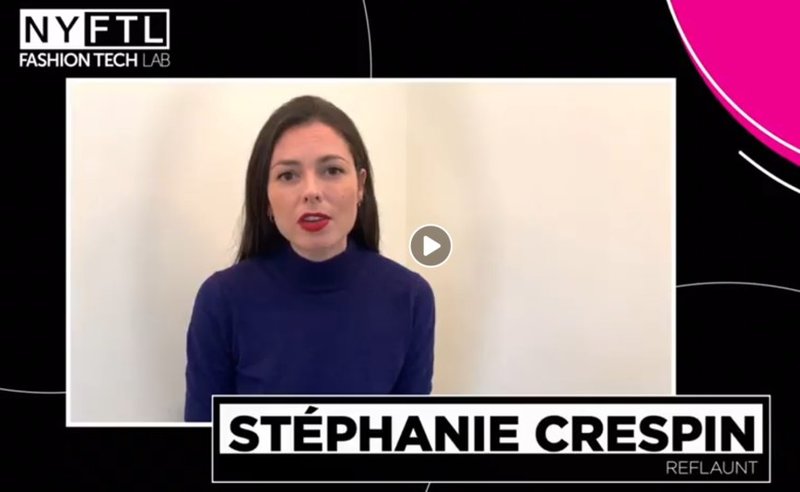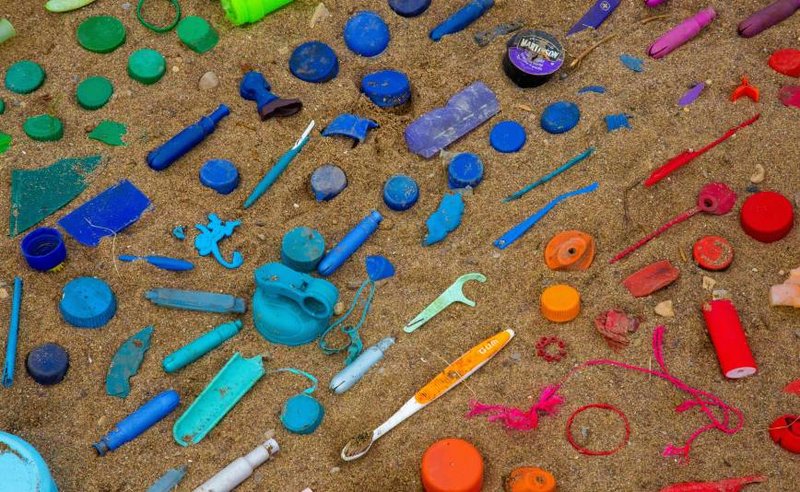Das Modemagazin Harper’s Bazaar nannte sie einst ein «Digital IT Girl», doch Stéphanie Crespin ist viel mehr als das. Crespin ist teil einer Revolution in der Luxus-Industrie.
Ihr Start-up ermöglicht es Kunden von Luxus-Marken, ihre gekauften Artikel auf Second-Hand-Portalen sicher und zertifiziert zu verkaufen und dafür Shopping-Guthaben zu erhalten. Mit diesem Guthaben können die Kunden dann wiederum bei ihrer Lieblingsmarke shoppen gehen. Gesichert wird der ganze Ablauf über die Blockchain.
«Nachhaltigkeit ist die grösste Herausforderung unserer Branche», sagt Stéphanie Crespin. Mit ihrem Start-up wolle sie den Kreislauf «kaufen – anziehen – wegwerfen» durchbrechen und die zirkuläre Fashion-Wirtschaft auch im Luxussegment einführen. So könnten Marken und Händler im Luxussegment ihren Anteil am Second-Hand-Markt sichern. Investoren wie Balenciaga-CEO Cedric Charbit oder Swarowski-Kreativ-Direktorin Giovanna Battaglia Engelbert war Crespins Idee in der letzten Finanzierungsrunde 2.7 Millionen US-Dollar wert.
Über die Vorteile ihres nachhaltigen Geschäftsmodells spricht Stéphanie Crespin hier im Video und an der 71. Internationalen Handelstagung:


Die neue Nähe: Handel in fragilen Zeiten
Hashtag: #iht21
Javier Goyeneche: «Das Fashion-Geschäftsmodell funktioniert nicht»
30 Minuten – so lang nutzen wir im Durchschnitt eine Plastiktüte. Danach werfen wir sie weg. Nicht selten landet sie am Ende im Meer, so wie 5 bis 13 Millionen Tonnen Plastikmüll pro Jahr. Javier Goyeneche macht daraus Kleidung. Hier und an der GDI-Handelstagung erklärte er sein Geschäftsmodell.
Jack Ma und die Geschichte hinter Alibabas E-Commerce-Erfolg
Verkäufe über die E-Commerce-Plattform Alibaba machten schon mal ein Sechstel von Chinas Einzelhandelsvolumen aus. Alles richtig gemacht, sagt Jack Mas Biograph Duncan Clark. In einem Video und an der GDI-Handelstagung sprach er über Trends, die den E-Commerce in China prägen.
Bookshop.org – Die Kampfansage an Amazon
Es ist kein Geheimnis, dass Amazon während der Corona-Pandemie seinen Gewinn und seinen Machtanspruch vergrössern konnte. Doch an der verloren geglaubten Bücher-Front hat sich Widerstand formiert: Bookshop.org.